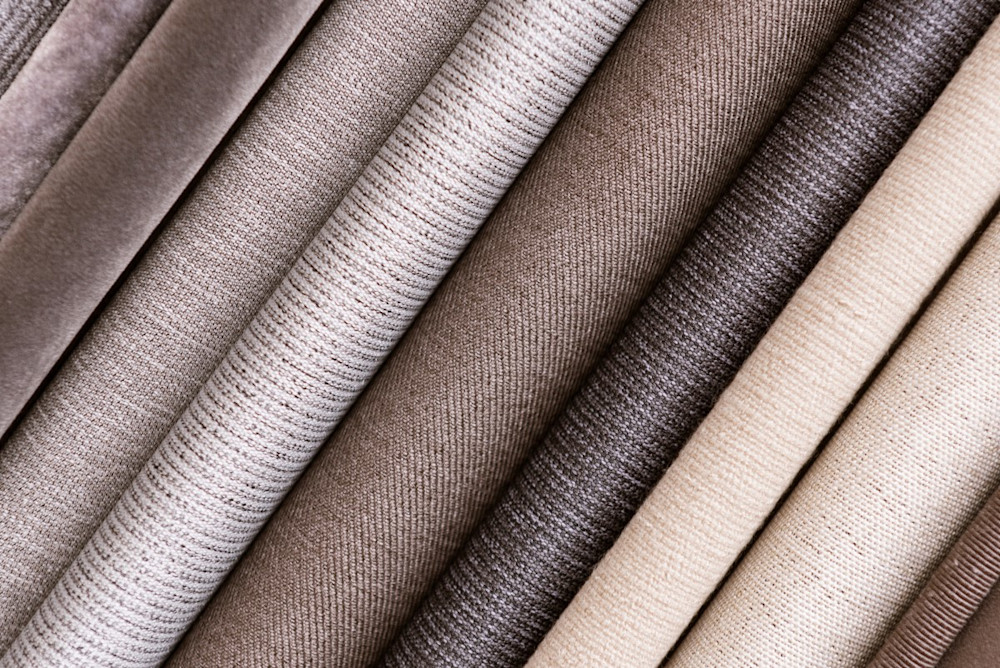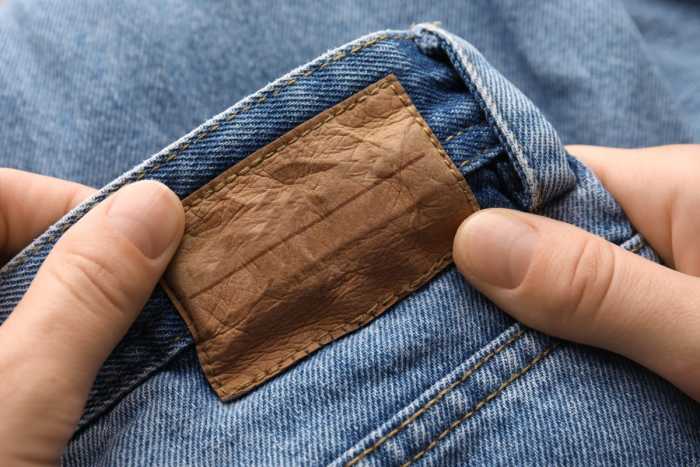Textile testing services

- Fast turnaround times
- Personal service from method experts
- Competitive prices
- Result accuracy guarantee
Testing by industry standards
Many textile tests are based on industry standards that provide an objective, internationally recognized framework for evaluating performance. Our selection of standardized textile tests is based on EN, ISO, DIN, ASTM, and AATCC methods. In addition, the IMO 2010 FTP Code is used as a basis for fire testing of textiles intended for marine use. You can read more about some of the most popular tests by clicking the buttons below.

Evaluating textile quality and performance
High-quality fabrics and yarns can be identified through testing that measures their performance under specified types of chemical, physical, and mechanical stress. Some of the best indicators of textile quality are resistance to abrasion, color fastness, and minimal dimensional change as a result of washing, drying, or ironing.
Textile performance requirements are stringent for materials that merit an environmental label, as minimizing the amount of textile waste is key to sustainability. The EU Ecolabel, for example, can only be acquired if the product retains its color after being subjected to washing, perspiration, rubbing, and light exposure.
Chemical and microbiological testing of fabrics
The chemical safety of a material is a REACH regulation requirement that applies to a range of consumer products, including textiles. To be considered chemically safe, a textile should not contain substances on the European Chemicals Agency’s list of Substances of Very High Concern (SVHC). Also, all antimicrobial and antibacterial agents used to treat textiles should be authorized in accordance with the requirements of the Biocidal Products Regulation (BPR).
Microbiological testing can be performed on textiles to evaluate the antimicrobial properties of specialty fabrics. We offer antibacterial activity testing with the absorption and Agar methods. Other antimicrobial and chemical tests are available upon request.

Fire testing
Textile fire testing requirements depend on the intended use of the product. The strictest requirements apply to fabrics used on ships and other crowded public settings, as fire spreading in a limited space would cause a serious safety hazard to a number of people. Some common standardized textile fire and flammability tests include the following:
Testing of vertically supported textiles on ships by IMO 2010 FTP Code Part 7
Testing of bedding components on ships by IMO 2010 FTP Code Part 9
Questions?
Textile testing expert Sanna Laukkanen is happy to help.
Tracking the origin of textile fibers
It may be difficult to ascertain the precise origin of textile fibers provided by suppliers in other countries, which raises questions about the ethics and sustainability of supply chains. Isotope analysis with the IRMS method can be employed to investigate the geographical origin of fibers in cases where there is suspicion about the possible use of forced labor or counterfeit raw materials.
Measurlabs offers textile isotope analyses as a customized service. Please ask our experts for more information.
Get a quote
Fill in the form, and we'll reply in one business day.
Have questions or need help? Email us at info@measurlabs.com or call +358 50 336 6128.
